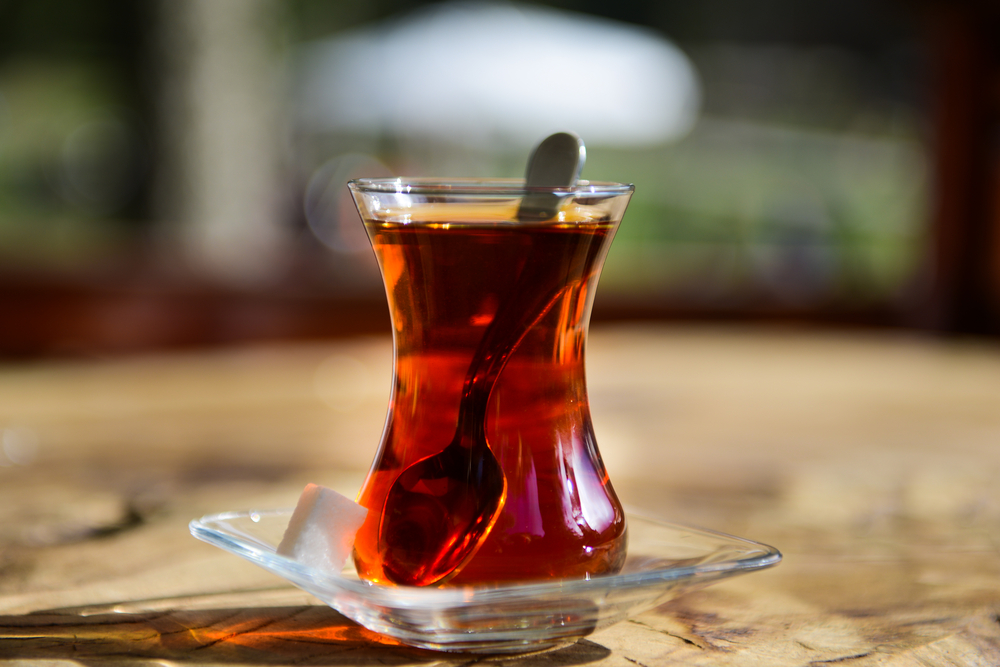Older Turks are used to having younger people kiss their hand. It serves as a sign of deference. For me, however, respect is not a one-way street – and a kiss on the hand is more a sign of adoration than reverence.
I remember a teyze (engl. aunt, but also used to address older women as well) who I didn’t even know personally. My grandmother and mother did, though. One time, all three of them were sitting on the terrace on a hot June day. When I arrived and the teyze saw me, she looked me over, as is usual with Turks, and then gushed with enthusiasm about what a “great young girl” my grandmother had for a granddaughter. In the same breath, she extended her hand to me. I was supposed to kiss it.
In such moments, I always think: “Why should I kiss the hand of someone I don’t know?” I don’t know a thing about who she is, what she does and what kind of person she is. Maybe she talks badly about other people? Maybe she’s killed someone before now? Who can know! I just didn’t think it was appropriate to kiss her hand. I’d rather drink a cup of tea with her first, gab with her and then at the end decide whether or not to kiss her hand.
In the end, I solved the problem like this: I looked at her hand and shook it pleasantly with my right, while I told her with a friendly smile that it would be nice to get to know her. In that moment the teyze was surely thinking: “What an ill-behaved child!” I didn’t care though, because we’re living in the year 2016, and my mother taught me to question things. And that includes customs from the last millennium.

Credits:
Photo: Shutterstock






